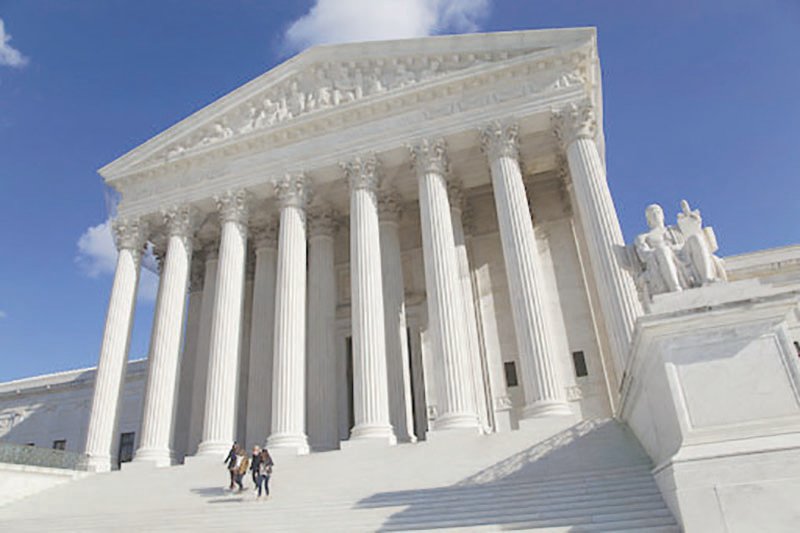Concept of federalism affirmed in Roe v. Wade decision
The progressive left’s outrage over the U.S. Supreme Court’s ruling in Dobbs v. Jackson Women’s Health Organization, in which they overturned Roe v. Wade, clearly demonstrates that they do not understand the concept of federalism. Their threats of violence also indicate that they fail to understand or appreciate that the United States of America, the greatest nation on earth, is a republic. We have a democratic form of government, but we are not a democracy.
The 1973 holding in Roe v. Wade was based on a majority of Justice’s finding the right to an abortion in a penumbra of other Amendments. Their decision to find this right has been a puzzle for almost 50 years considering the 10th Amendment was right in front of them. Specifically, “[t]he powers not delegated to the United States by the Constitution, nor prohibited by it to the States, are reserved to the States respectively, or to the people.” The Bill of Rights was enacted to restrain the power of the federal government; to keep the federal government from becoming a dictatorship.
Unfortunately, this is not the only example of the U.S. Supreme Court choosing to usurp the power of the States as can be seen in their 5-4 ruling in Louisiana v. Kennedy. A 1995 Louisiana statute called for the death penalty in an aggravated rape of a child under the age of 12. Kennedy’s rape of his 8-year-old stepdaughter was described by an expert in pediatric forensic medicine as “…the most severe he had seen from a sexual assault in his four years of practice.”
In this Louisiana case, the majority ruled that the Louisiana statute was unconstitutional based on their belief in “the evolving standards of decency that mark the progress of a maturing society”. However, as stated in the dissent written by Justice Alito, ‘[t]he party attacking the constitutionality of a state statute bears the “heavy burden” of establishing that the law is unconstitutional …That burden has not been discharged here, and I would therefore affirm the decision of the Louisiana Supreme Court.”
In other words, whether a state statute meets Constitutional standards relies on more than the personal feelings of any of our U.S. Supreme Court Justices. Some of the Justices may relish the idea of restriction-free abortion, just as some may disagree with the use of the death penalty, but their personal feelings are irrelevant. Just because something may be objectionable to any of the Justice’s sensibilities does not mean it’s unconstitutional. Last week’s ruling in the Dobbs case was a reminder to our Supreme Court Justices to stay ib their own lane! May God bless this magnificent Republic.







